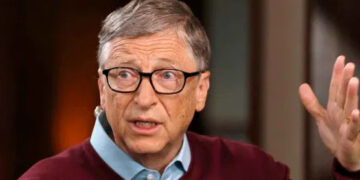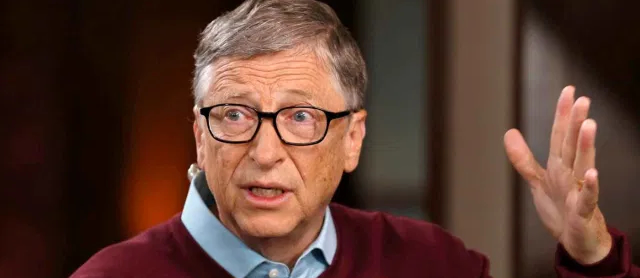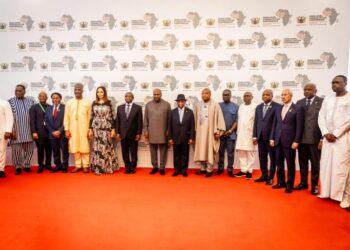In a landmark commitment at the African Union headquarters in Addis Ababa, Microsoft co-founder Bill Gates announced that the bulk of his $200 billion fortune will be directed toward transforming Africa’s health and education systems over the next two decades.
The 69-year-old philanthropist framed this as a catalytic investment in human potential, declaring that “every country in Africa should be on a path to prosperity” through improved healthcare and learning opportunities.
The pledge accelerates Gates’ existing philanthropic timeline, with his foundation now planning to sunset operations by 2045 after disbursing 99% of his wealth. This strategic shift comes at a critical juncture for African development, as U.S. aid reductions under the Trump administration have created funding gaps in vital HIV/AIDS programs and other health initiatives.
Mozambique’s former First Lady Graça Machel welcomed the commitment as arriving in a “moment of crisis,” emphasising the need for sustained partnership.
Gates outlined an ambitious health agenda prioritising maternal and child welfare, noting that interventions spanning pre-pregnancy through early childhood deliver the most transformative results.
His foundation will focus on strengthening primary healthcare systems, building on successes like Rwanda’s AI-powered ultrasound program for high-risk pregnancies.
The tech visionary specifically challenged Africa’s youth to harness artificial intelligence in reimagining healthcare delivery, drawing parallels to how mobile technology leapfrogged traditional banking infrastructure across the continent.
The Bill & Melinda Gates Foundation has established three core objectives for its final phase: eliminating preventable maternal and infant deaths, creating a generation free from deadly infectious diseases, and lifting millions from poverty.
“At the end of 20 years, the foundation will sunset its operations,” confirmed an official statement, reflecting Gates’ personal determination to avoid leaving a vast fortune behind. “People will say many things about me when I die,” he recently wrote, “but ‘he died rich’ will not be one of them.”
While the commitment has been celebrated by African leaders, some critics question the foundation’s outsized influence on global health policy and its tax-advantaged structure. These concerns underscore the complex dynamics of large-scale philanthropy as Gates prepares to transfer what remains the world’s largest charitable endowment into African development projects.
The initiative marks both a culmination of the foundation’s decades-long engagement with Africa and a test case for whether private wealth can catalyse systemic change where traditional aid structures have fallen short.




































